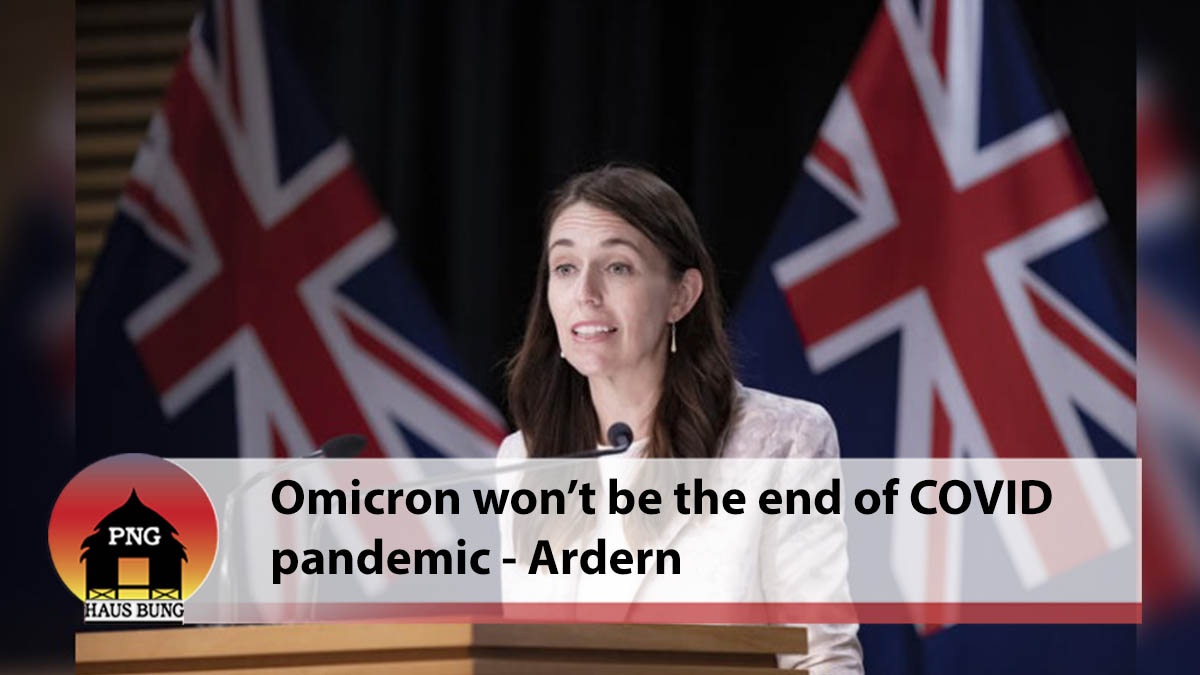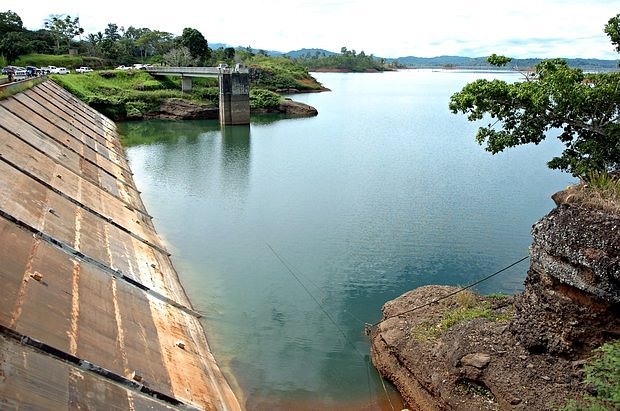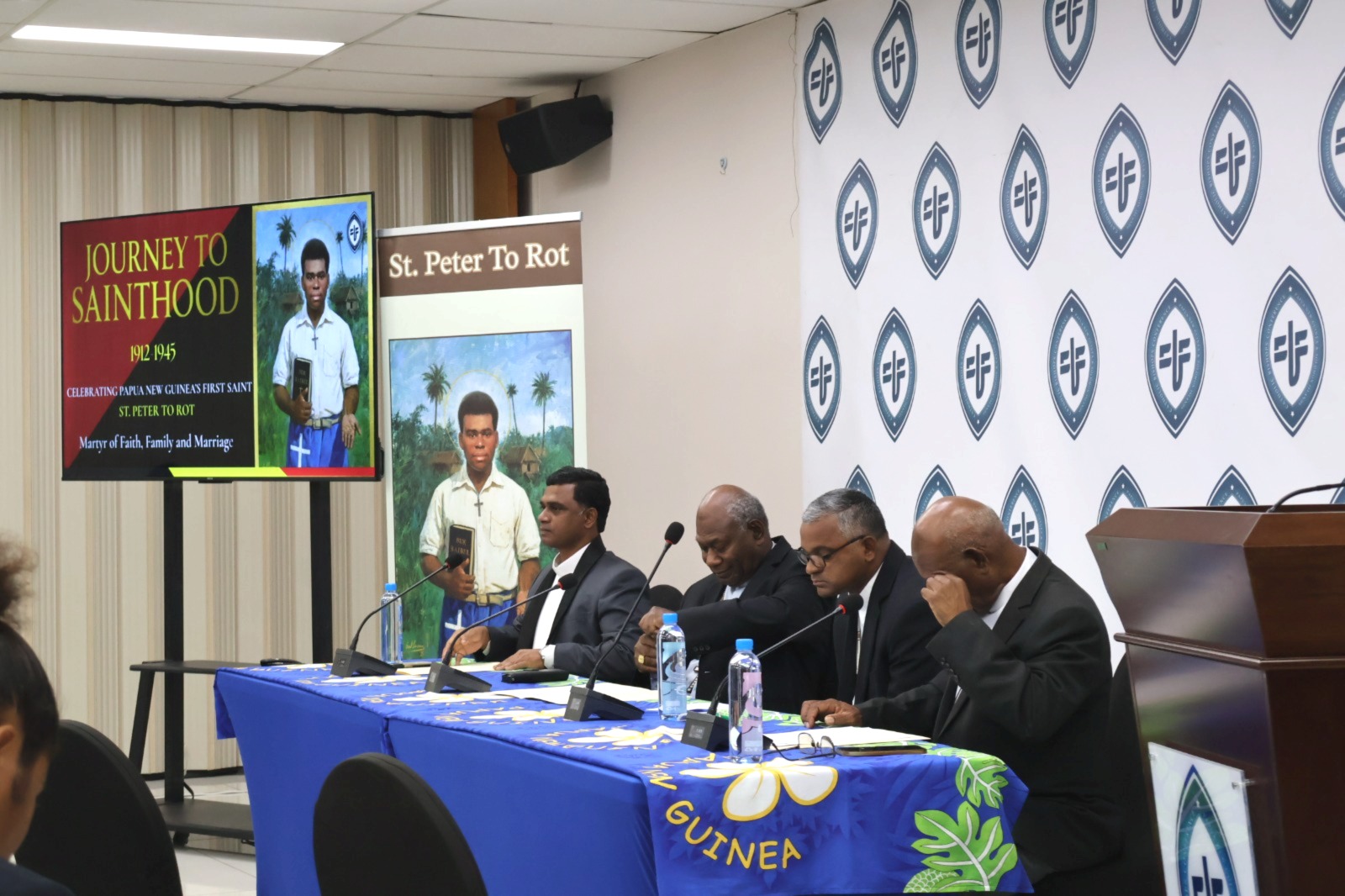Prime Minister Jacinda Ardern and Opposition leader Chris Luxon have launched stinging attacks on their opponents in their opening speeches to Parliament this year.
Ardern today delivered her Prime Minister's statement marking the first session of Parliament in 2022, warning as New Zealand enters its third "challenging" year of the Covid-19 pandemic that Omicron was unlikely to be the end.
She also targeted the opposition's approach to Covid-19, housing, and infrastructure in her opening speech to Parliament this year.
She said the expert advice was that Omicron would not be the last variant, and New Zealand could expect new and different variants in the future.
"It's advice ... that sadly the opposition, I notice, have chosen to ignore. They declared the first of December 'freedom day', the day that the borders should open, even when the World Health Organisation had declared Omicron a variant of concern and the booster campaign had only just begun.
"They claim they are ready to manage the pandemic because they had declared it over. They were wrong then, and they are wrong now ... it is not over but that does not mean that we cannot move forward."
Ardern outlined the measures taken to try to avoid the worst of the outbreak, including the booster rollout.
As schools returned for the new year, she said given the harm closures caused to student learning and wellbeing, the government would only close them down as a last resort in response to significant outbreaks.
She said other challenges would also require the kind of planning that had gone into the government's Covid-19 response, including the re-emergence of infuenza; the need for healthier and drier homes; to keep children in school; and to build more public housing.
"Kainga Ora and community housing providers will deliver over 2000 additional public housing places - that's adding to the 8700 delivered since November 2017, and while I note some members on the front bench of the opposition may laugh, these are numbers that far outstrip anything that government ever managed to build ... where their focus was on selling down public housing stock rather than building the homes that we need."
Health was also in desperate need of reform, she said.
"It's not right that the care that you get in this country can vary so much depending on where you live."
She said the Māori health Authority was "absolutely key" to fighting inequality in the health system, with Māori dying on average seven years earlier. It was not about separatism, she said, "this is about reaching the equality we currently do not have in this country".
Work to remove barriers for disabled people and expand the Enabling Good Lives model of disability services was far overdue, she said.
Mental health and addiction services in general practice would be accessible to more than 2.7 million New Zealanders this year, she said, "a step-change in how New Zealanders access mental health services".
She highlighted the impacts of mental health concerns for small business groups and the rural sector, particularly in the face of Covid-19, and committed to engaging with those sectors this year.
New Zealand's Covid-19 recovery must not be a return to business as normal, she said.
"We are better than that, in fact we were elected to address the challenges that have held too many back for too long. That's why our economic plan is to provide a high-wage, low-carbon economy."
She pointed to free trade negotiations with the EU and her planned delegations to Asia and America, but said the crucial plank in the government's plan was infrastructure.
"Historical underinvestment in infrastruce has been a handbrake on our economy, it's why we're planning for the next 30 years instead of electoral cycles."
That also included a promise to "fix the issue of persistent under investment in our water services", signalling the government's intention to press ahead with its three waters reforms.
Tackling climate change would also be a core part of the strategy, she said.
"Other countries are moving to compete for and seize these opportunities and New Zealand cannot afford to be left behind. Not economically and not morally either."
"The opposition claim they share our climate ambition. Why then have they opposed almost every initiative that would bring our emissions profile down? Climate change is a challenge we cannot postpone, just like child poverty, just like housing, just like mental health."
Ardern today said the peak of New Zealand's Omicron outbreak might be in late March.
Luxon responds
National Party leader Christopher Luxon moved that the House that all the words of Ardern's speech be deleted and replaced with "this house has no confidence in this government that returns to Wellington at the start of each year with more promises it has no intention of keeping and fails to deliver".
He said the National Party "is ready", and Kiwis were tired of a government failing to get things done.
"A government that has turned out to be what? All spin and no delivery. This government has never met a problem it didn't think it could solve with just a little bit more government, a little bit more Wellington, a little bit more centralisation, a comms plan, more bureaucracy, and less input from affected communities."
He said the government was out of steam and in less than two years would be voted out of office.
"This government confuses words with action and they are two very very different concepts, and now here we are with an overheated economy ... and it's squeezing everyday New Zealanders."
New Zealand was suffering from a "productivity disease" and the government's spending was leading to a "cost of living crisis", pointing to the price of a block of cheese and unsustainable rents.
He said the government had promised to solve the housing crisis but made it much worse.
"This from a prime minister who promised to build 100,000 Kiwibuild houses in 10 years, but here we are, we're four years in and how many more do we have to go? Another 98,000 houses."
He said one of Ardern's first promises was a tram from the airport to Mt Roskill, and all that had been delivered was a new price tag of $15bn.
"I reckon for all of that the government could actually go out and buy each of the team of five million people a brand new state of the art swish e-bike, and they'd still have billions of dollars left to invest."
He said the spiralling debt of the country had to be repaid, which would mean inability to invest in better public services and Labour increasing taxes.
"Labour broke that election promise of no new taxes in pretty quick time. What we saw was a ramming through of a stealth capital gains tax, that was quickly followed by the infamous ute tax, and if that wasn't enough Grant Robertson has now cooked up another brand new tax - this time he wants to slap it on every single worker and every single business in New Zealand."
He also lambasted the three water reforms, saying Local Government Minister Nanaia Mahuta would soon be out of a job.
"She made up her decision on day one, she locked in on a model, she's gone through a sham consultation process with local government and despite saying it would be voluntary lo and behold it's now been compulsorily aquiring the assets.
"Grant Robertson is worried, right, he's been studying those polls over summer ... he's gonna come in and he's gonna squash these reforms too. You mark my words."
SOURCE: RNZ NEWS







